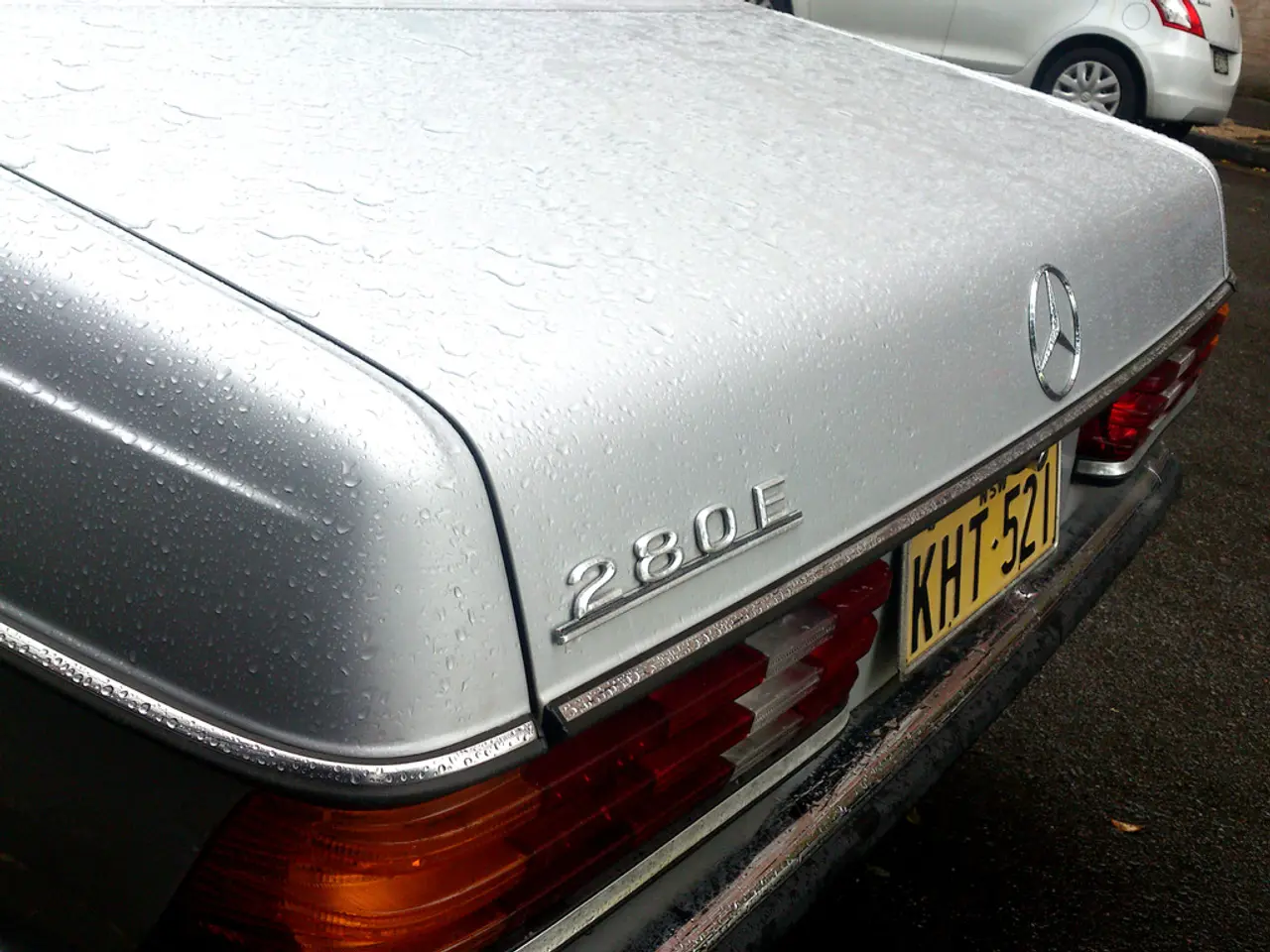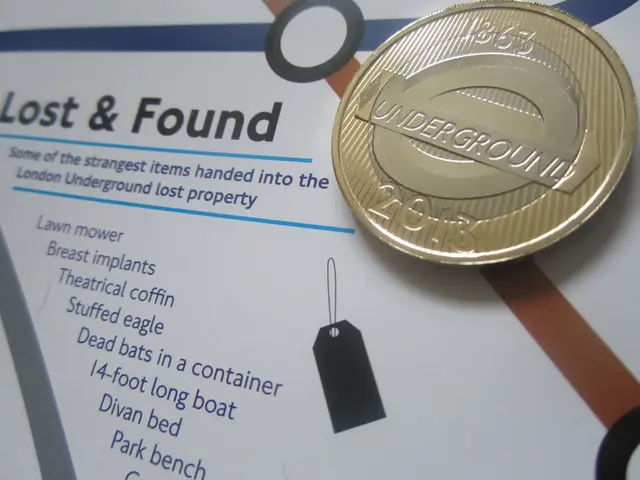Clash of Compact Hybrid SUVs: MG ZS Hybrid+ versus Toyota Corolla Cross
In the ever-evolving world of automotive technology, two small hybrid SUVs have caught the eye of consumers – the MG ZS Hybrid+ and the Toyota Corolla Cross. While both vehicles share the popular hybrid and SUV combination, they differ significantly in specifications, pricing, equipment, service, warranty, dimensions, powertrains, in-car technology, and value.
**Specifications and Powertrains**
The MG ZS Hybrid+ equips a 1.5L four-cylinder engine paired with an electric motor, delivering a combined output of 156kW. It requires 95RON premium unleaded fuel and has a 41-litre tank. The vehicle accelerates from 0-100 km/h in 8.7 seconds, boasting a combined fuel consumption of 4.7L/100km and CO2 emissions of 110g/km.
On the other hand, the Toyota Corolla Cross features a 2.0L four-cylinder engine combined with an electric motor, producing 146kW combined. It runs on 91RON regular unleaded, with a fuel tank capacity of 36 litres (2WD) or 43 litres (AWD). The Corolla Cross accelerates faster at 7.5–7.7 seconds, consumes less fuel (4.2-4.4L/100km), and emits less CO2 (97-101g/km).
**Pricing and Equipment**
The Toyota Corolla Cross offers more model variants (six) compared to MG ZS Hybrid+’s two, with the Toyota having more standard equipment at top specifications. However, the MG ZS Hybrid+ is priced significantly lower, offering strong value for money, especially at its price point (~$33k) versus Corolla Cross (~$41k).
**In-Car Technology**
MG's standard 12.3-inch touchscreen is larger and more modern compared to Toyota’s maximum 10.5-inch screen. Both vehicles offer modern infotainment systems and hybrid technology suitable for small SUV buyers.
**Service and Warranty**
Specific service and warranty details were not provided in the search results. Typically, MG offers competitive warranties to attract buyers, but Toyota has a strong reputation for reliability and extensive dealership support. This area may require checking directly with dealerships for the latest terms.
**Dimensions**
Detailed dimensional comparisons were not explicitly listed in the results, but as similar segment SUV models, both offer compact dimensions suitable for urban and suburban use.
**Value for Money**
The MG ZS Hybrid+ offers excellent value considering it is priced notably lower with competitive power output and better standard in-car tech. The Toyota Corolla Cross provides better fuel efficiency, faster acceleration, and a broader range of models and equipment options but at a higher cost.
In summary, the MG ZS Hybrid+ is a budget-friendly hybrid small SUV with strong power and technology for the price, while the Toyota Corolla Cross offers a more refined hybrid system, better fuel economy, and broader model choice at a premium. The choice depends on whether lower price and bigger screen tech or better fuel efficiency, performance balance, and model variety are more important to the buyer.
In the world of both car industry and finance, the MG ZS Hybrid+ and Toyota Corolla Cross offer unique choices for consumers seeking a fuel-efficient vehicle that remains within the realm of transportation. The MG ZS Hybrid+, despite being priced more affordably, presents a strong value with its competitive power output and modern in-car technology. In contrast, the Toyota Corolla Cross, while costlier, boasts better fuel economy and a broader range of equipment options. Overall, the choice between the two vehicles can be influenced by factors such as fuel economy, in-car technology, pricing, and personal preference in automotive technology.




